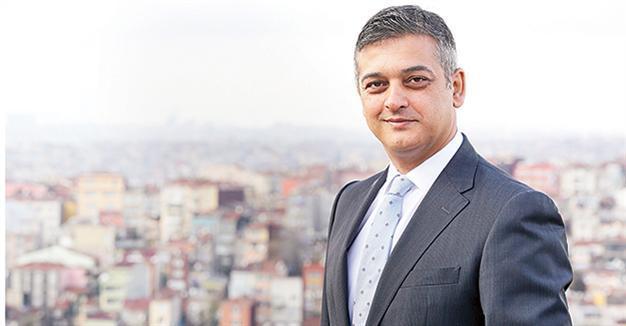Over 10,000 Syrians register for electricity on Istanbul’s European side
ISTANBUL
 More than 10,000 Syrians registered as new electricity users on the European side of Istanbul in the first half of the year, according to report prepared by an electricity provider in the region.
More than 10,000 Syrians registered as new electricity users on the European side of Istanbul in the first half of the year, according to report prepared by an electricity provider in the region. “A total of 9,498 Syrian families and 869 Syrian companies have now [become] our consumers as of the end of the first six months of the year,” said the CLK Boğaziçi Electricity Co. in a written statement on July 30.
According to a report by the company, the number of its Syrian consumers soared by 727 percent in the first half of the year compared to the same period of 2015.
“While only 860 Syrians applied for an electricity subscription in the first half of 2015, this figure rose to 7,117 in the same period of this year,” said the company.
While only five companies owned by Syrians were registered in the region in January 2015, this figure surged to a record high 196 in May, added the company.
CLK Boğaziçi Electricity Co. CEO İbrahim Gümüşlü said the number of foreign electricity registrations reached 24,854 in the European side of Istanbul in the first six months of this year.
“An average of 68 foreigners is applying for such registration with our company now, most of whom are Syrians,” he added.
There are currently more Syrian refugees in Istanbul than the rest of Europe, according to official figures from leading international organizations.
A majority of foreign subscribers, around 35 percent, were from the Middle East, according to the report.
They were followed by Europeans and Africans with 20 percent, Eastern Asians with 15 percent and Americans with 10 percent.
The report also noted that the number of brand-new homeowners who applied for an electricity subscription reached 72,233 in the first half of the year, a 41.1 percent increase from the same period in 2015, as a result of intensive urban transformation projects in the region.
















